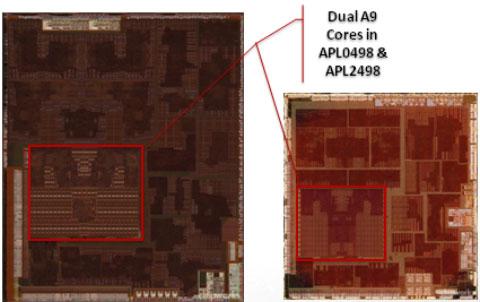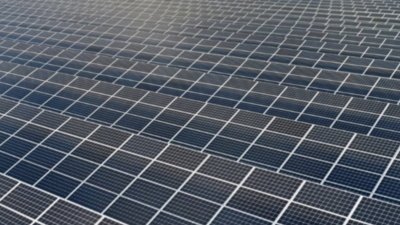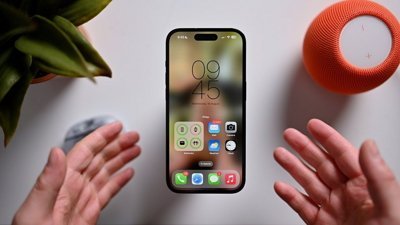TSMC hopes to land orders for 20nm chips from Apple in 2014 - report
TSMC is focusing on 20-nanometer chips because the company currently faces a shortage of processors built using the 28-nanometer production process, according to DigiTimes. At present, the company is "unable to provide sufficient capacity" to existing 28-nanometer companies, the report said citing industry sources.
"While having a tight supply of 28nm, TSMC now hopes an early investment in 20nm technology will help the foundry engage in collaboration with potential clients such as Apple in advance and ensure enough capacity to meet demand," Wednesday report said.
Sources in the overseas supply chain reportedly believe that SMC has a "good chance" of winning CPU orders from Apple in 2014. Currently, Apple still uses the 45-nanometer chip process from Samsung to make its A5X CPU that powers the new iPad.
Apple is said to have viewed newer chips built on smaller production processes to be a risk to their products, as potential shortages could cause issues for newer versions of the iPhone and iPad. Instead, Apple has stuck with older production processes to ensure availability and reliability.
To aggressively court Apple's business, TSMC reportedly plans to invest about $700 million U.S. in a 20-nanometer research and development line this year. Originally, the company planned to spend that money in 2013.
TSMC also plans to accelerate the pace of its 28-nanometer capacity expansion. The company expects to have its supply meet demand by the first quarter of 2013.
TSMC began generating revenues from its 28-nanometer chips in the fourth quarter of 2011, when they accounted for about 5 percent of the company's sales. But the company has been significantly ramping up production of those chips in 2012.
The custom chips Apple put in its new Apple TV and latest version of the iPad 2 have been seen as evidence that the company is testing the 32-nanometer chipmaking process. Moving to a smaller 32-nanometer node allows the chips to be more efficient, allowing for improved battery life in iOS devices.
Apple's primary chipmaker remains Samsung, though Apple was said to have signed a major foundry agreement with TSMC last year to build future ARM-based process.
Rumors have suggested that Apple has looked to forge a closer alliance with TSMC to move away from rival Samsung, with which Apple is engaged in a series of lawsuits.
 Sam Oliver
Sam Oliver











 Malcolm Owen
Malcolm Owen
 Marko Zivkovic
Marko Zivkovic
 William Gallagher
William Gallagher

 Chip Loder
Chip Loder
 Wesley Hilliard
Wesley Hilliard







